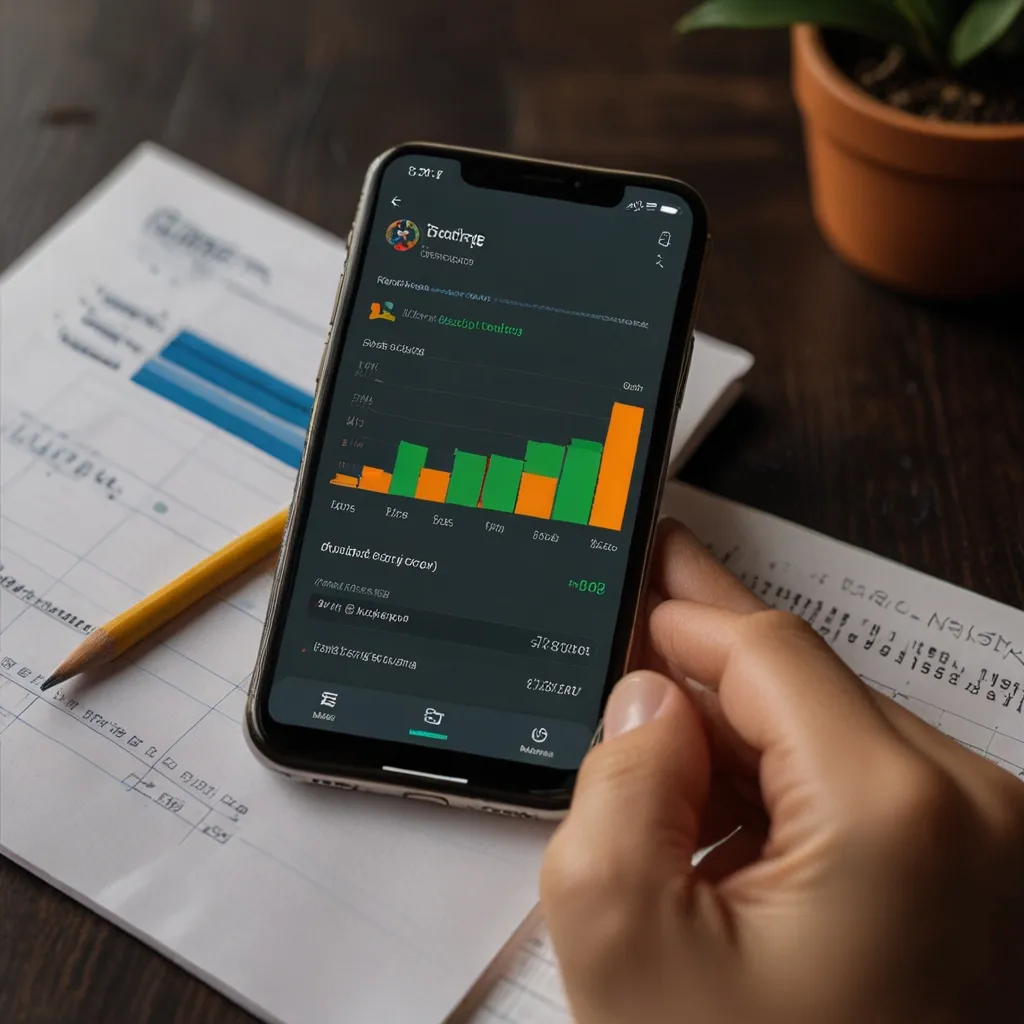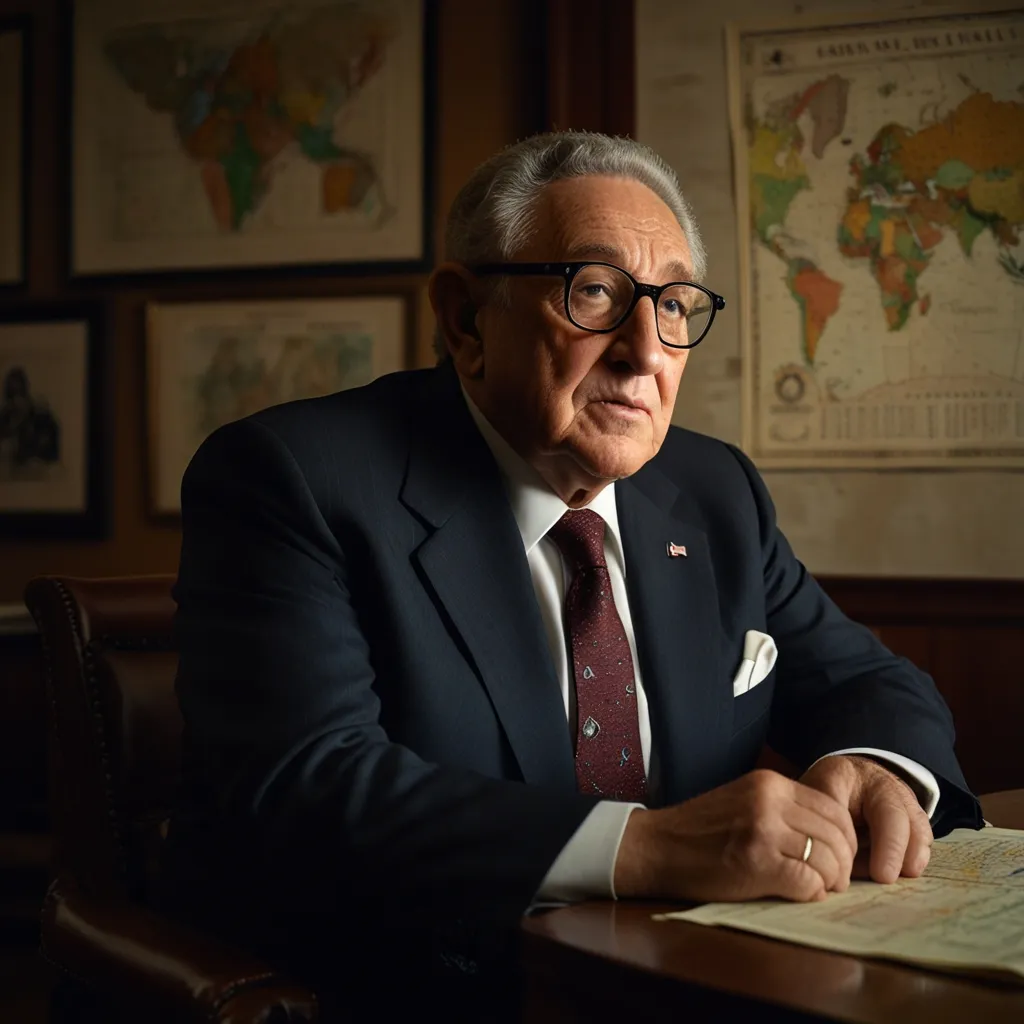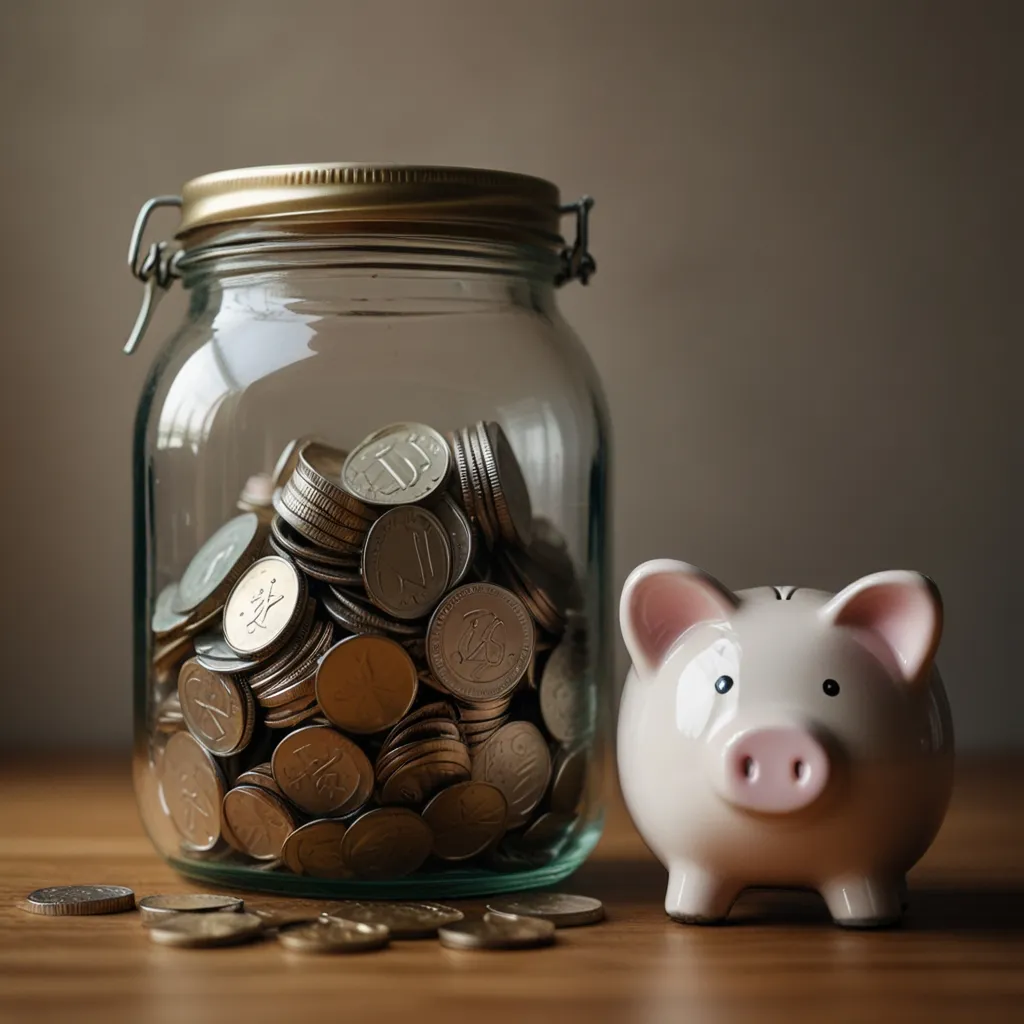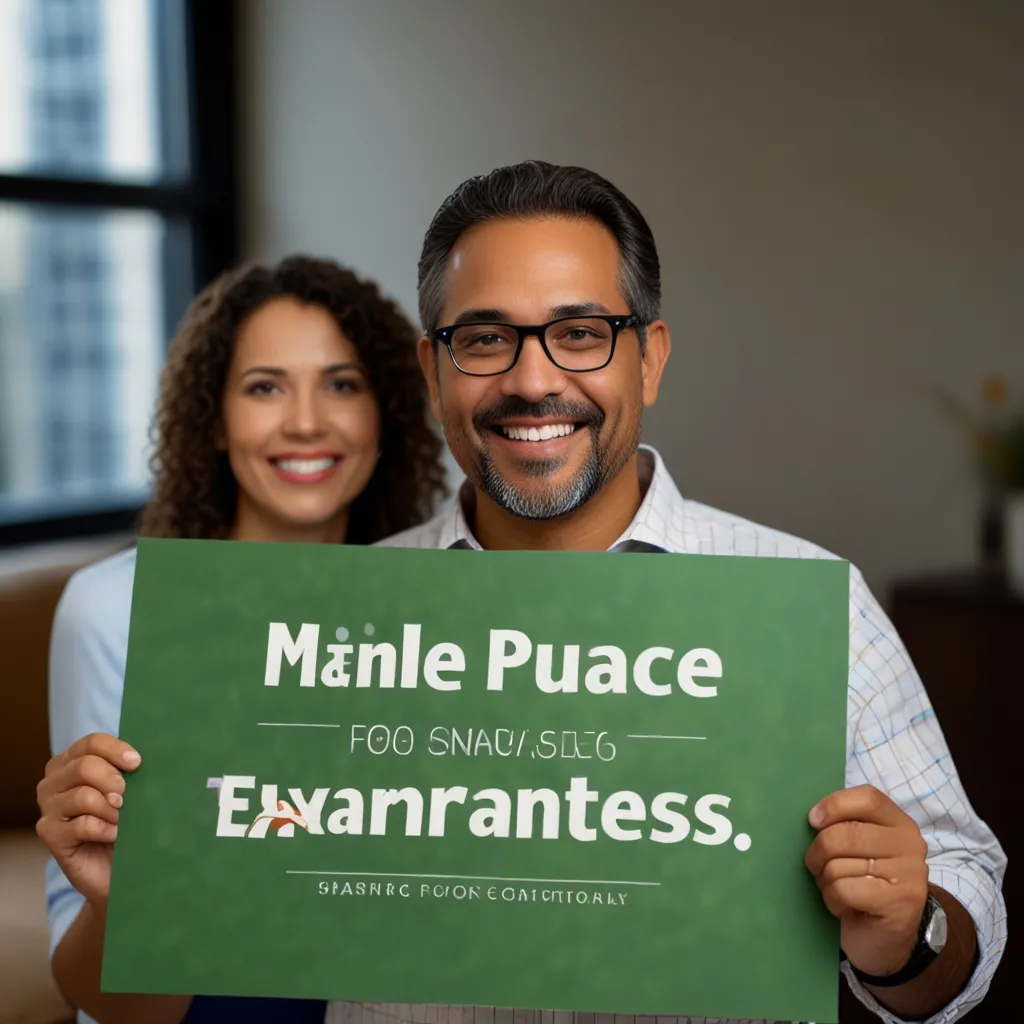President Donald Trump remains a polarizing figure, with his wealth being a central part of his public image. For years, he’s portrayed himself as a self-made billionaire, but the story is more complex. His father, Fred Trump, played a significant role in Donald’s rise in the real estate world. Let’s dive into how Trump actually built his empire.
Fred Trump, Donald’s father, was a hustler from a young age. After losing his own father at 12, he turned to the construction industry. By 20, Fred had built his first residential house and took advantage of the New Deal, which offered cheap loans and subsidies to boost residential construction. From the 1930s onwards, Fred amassed a fortune, thanks to various government housing subsidies.
In 1949, Fred received a $26 million loan from the FHA to build two apartment complexes in Brooklyn: Shore Haven and Beach Haven. Fred’s strategy wasn’t unique in taking government money, but his methods of passing wealth to his children were interesting. He would purchase land through his company, create a trust for his children, and transfer the land to this trust, which then received steady income from Fred’s company via ground leases. This was just the start of his intricate plans to ensure his children, including Donald, benefited significantly.
As years went by, Fred began transferring buildings to his kids through various schemes, often dodging substantial gift taxes in the process. For instance, Fred bought land, built apartments using government funds, and then gifted the company’s shares holding these properties directly to his children.
By the time Donald graduated college in 1968 and started working for his father, Fred ramped up the wealth transfer process. They formed partnerships for various projects, such as Prospect Tower, where most profits went to Donald. By 1975, Donald was earning over $300k annually from just one building, and by age 29, he had made $9 million from his father.
Fred also aimed to boost Donald’s image, portraying him as a millionaire in a 1976 article. Despite Donald’s hefty salary as President of the Trump Organization, he constantly received hefty loans from Fred. These loans often had flexible terms, essentially giving Donald free money to fund his ventures, including converting the Commodore Hotel into the Grand Hyatt and building Trump Tower.
Fred continued supporting Donald’s enterprises even when they faced financial trouble, such as the casinos in Atlantic City. Fred went to great lengths to prevent these ventures from failing, including buying casino chips without placing any bets and purchasing stakes in Donald’s properties only to sell them back at significant losses later.
As Fred’s health declined, he expedited transferring his residual wealth to his children through various means to avoid estate taxes. By 1994, Donald and his siblings managed Fred’s buildings and drained cash from his empire, benefiting from inflated costs for maintenance services. When Fred passed away in 1999, his children inherited an empire worth a significant fortune, which they ultimately sold in 2004 for $700 million.
Donald Trump, with this hefty head start, continued his business ventures, and today, his net worth is estimated to be around $3 billion. While Fred’s methods might have been questionable, they immensely benefited Donald, who built on that foundation to achieve substantial success on his own.






